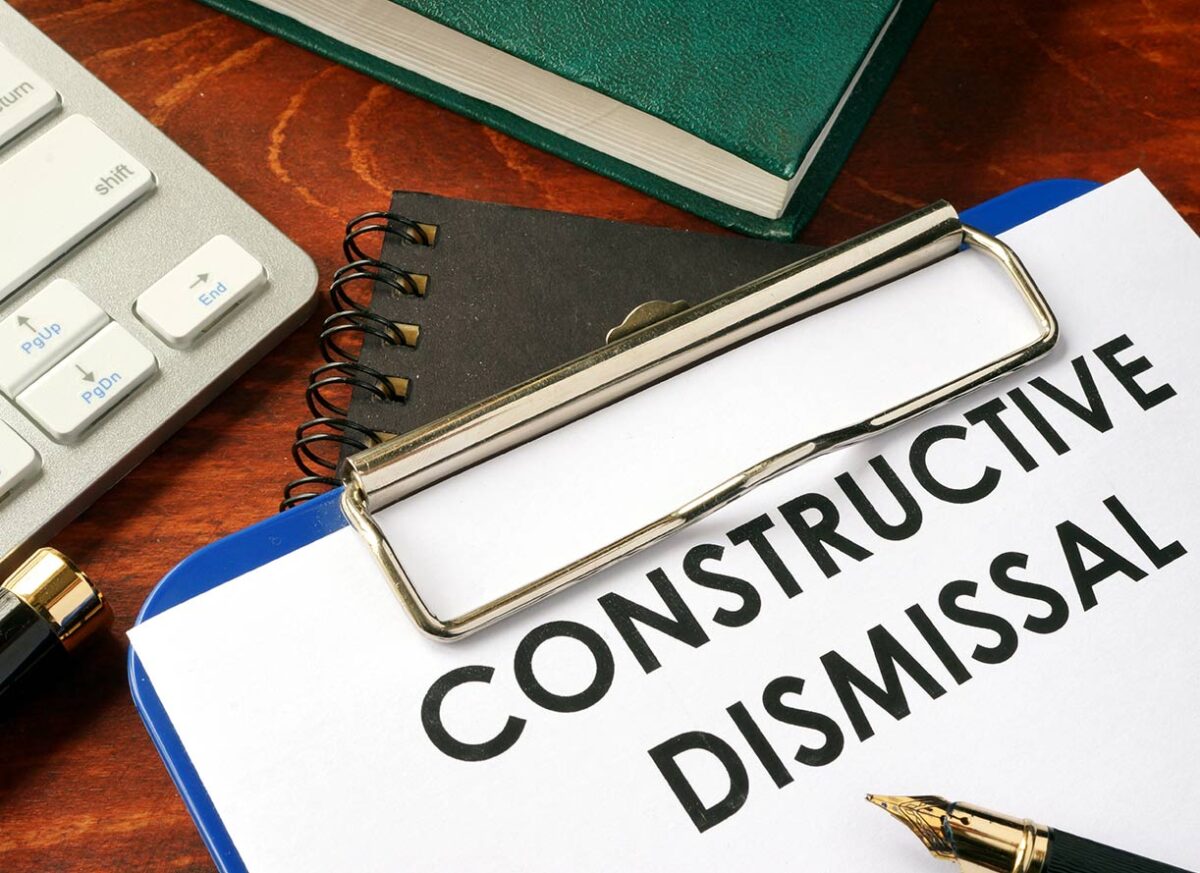Until the advent of the COVID-19 pandemic, temporary layoffs of employees without written agreements entitling an employer to do so could lead to common law constructive dismissal claims, or a claim that the employee has been effectively dismissed or fired.
With the pandemic, and massive layoffs, the Ontario government passed the Infectious Disease Emergency Leave (“IDEL”) Regulation (Ontario Regulation 228/20), amending Ontario’s Employment Standard Act, 2000 (“ESA”), such that:
- Any non-unionized employee laid off or whose hours of work are reduced during the COVID-19 Period (from March 1, 2020 to July 3, 2021, unless further extended) would be deemed to be on IDEL;
- Temporary layoffs under the ESA would resume after the COVID-19 Period ends; and
- As long as employees are on IDEL, employers do not have to worry about constructive dismissal claims under the ESA.
Many employers took the position that as long as they put employees on temporary layoff because of COVID-19, they did not have to worry about constructive dismissal claims, and their employees would be deemed on IDEL until the COVID-19 Period ended.
The question was whether the IDEL Regulation actually protected employers from common law constructive dismissal claims in the absence of a written agreement with a temporary layoff clause.
New case law sides with employees
A recent case settled that question, and may send yet another shock wave across Ontario for employers. While not unexpected, the decision in Coutinho v. Ocular Health Centre Ltd., 2021 ONSC 3076 (CanLII), made clear that the IDEL regulation will not affect an employee’s right to assert a common law constructive dismissal claim in the absence of a contractual right to temporary layoff.
This can cost employers dearly, in some cases even bankrupting their business, while offering employees a golden opportunity to negotiate with the employer for a better package.
If you were laid off at any point during the COVID-19 period, you are deemed to be on IDEL. However, regardless of IDEL, the question to ask is: Have you effectively already been fired? The answer to that question will affect your severance pay and the rights you have as an employee.
Given that the Waksdale decision in June 2020 may have already nullified existing termination clauses in many employment contracts, many employees would be entitled to common law reasonable notice, which is usually much longer (and more money) than whatever was agreed to in the employment contract.
Constructive dismissal claims are well-within reach for employees
In addition to the confusion surrounding IDEL and temporary layoffs, a recent case has further called into question employer actions related to contract terminations and emplolyee rights.
Even where an employment contract contains a perfectly valid termination clause, an employer’s conduct could jeopardize its enforceability. In the recent case of Humphrey v Mene Inc, 2021 ONSC 2539, the court held that an employer’s actions in a constructive dismissal case meant that they had repudiated, or renounced, the employment contract. Having done so, the employer could no longer rely on an otherwise legitimate termination without cause clause, and the employee was entitled to common law reasonable notice!
Employer actions concerning abuse of IDEL could force the courts to side with employees. It is possible that employers may have put employees on IDEL to postpone termination pay, even though the “temporary” layoff was not pandemic-related. For example, an employer may allege to have put an employee on IDEL because they shut down part of their business, but the plan to shut down was made prior to the pandemic. The employer may hope the employee will find another job, while using the prolonged IDEL as an excuse not to pay the employee. Whether such behaviour “significantly departs” from the implied duty of good faith such that a court might find that the employer had repudiated the employment contract is yet to be seen. However, such employers may be at risk of paying employees common law reasonable notice and other damages related to bad faith, even if they have perfectly enforceable contracts.
Constructive dismissal claims should generally be brought up immediately or an employer may allege that an employee has agreed to the terms of the layoff. If you have lost your job due to COVID-19, you should immediately examine your situation, seek guidance from an employment law expert, and make a timely decision on how to move forward.
Call us at (416)214-2329 or Complete our Free Assessment Form Here


